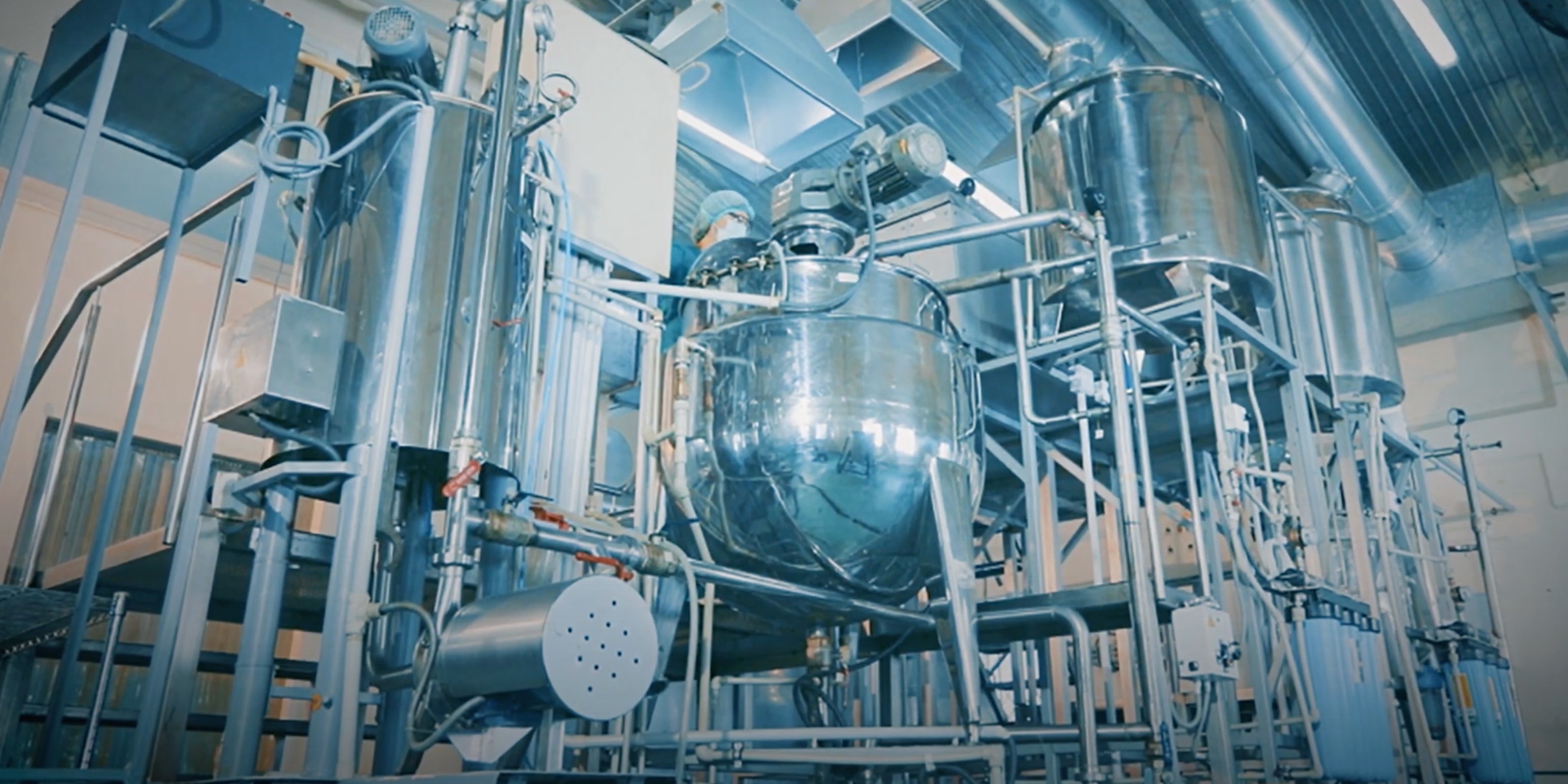Liquid Assets: How digital water solutions are fueling pharma manufacturing performance
The pharmaceutical industry’s shift to advanced technologies – or Pharma 4.0 – is creating bold, new opportunities to move the sector forward. Innovative water solutions have a role to play in pharma’s digital transformation. Forward-thinking pharmaceutical manufacturers are embracing data-fueled water technologies to significantly improve product quality, safety and efficiency. These digital water solutions are enabling the pharma industry to better serve patients and healthcare providers while advancing their own business and sustainability aims.
Ann Yates, Director of the Pharmaceutical Market for Xylem, shares her insight about how digital water solutions are helping drive pharma manufacturing outcomes.
1. What is the role of water in Pharma 4.0?
The pharmaceutical industry relies heavily on water – not only as a primary ingredient but also for processing and lab work. No matter the use case, the industry demands strict purity and quality standards, as even trace contaminants can compromise product safety, leading to health risks, recalls and regulatory non-compliance.
Data-fueled water technologies are creating powerful new opportunities for the pharma industry to accelerate their digital transformation and drive improved outcomes.
Leading pharmaceutical manufacturers are harnessing digital sensors and IoT technologies to enable continuous, real-time monitoring of water parameters, such as pH, conductivity, microbial load and total organic carbon (TOC). This real-time control helps ensure compliance with regulatory standards and early detection of potential quality issues. The increased automation of systems also reduces risks associated with human error.
2. What other benefits is the pharma sector experiencing when embracing digital water technologies?
In addition to improving water quality and ensuring regulatory compliance, we are seeing digital technologies make a difference in the efficiency and maintenance of manufacturing systems.
AI and machine learning models are used to optimize water treatment processes and reduce energy consumption. This ensures that pharmaceutical-grade water (like WFI or purified water) is available when needed while limiting waste. Predictive maintenance systems in Pharma 4.0 are also used to monitor the health of water treatment and distribution infrastructure. Using data from sensors, the system can help pharma operators predict when water system components (such as pumps, filters or UV treatment units) will require maintenance, maximizing production uptime.

3. How can pharma manufacturers begin upgrading their water technologies to start the Pharma 4.0 transformation?
The best way to begin or to accelerate your organization’s digital water transformation is to take a practical, building block approach. Many companies are eager to dive right into discussions about AI and digital twins, but this often represents a significant jump from their current technological capabilities.
Instead, start by putting in a strong foundation and then build up to more advanced solutions and systems. Each new level of technology you adopt will build on and be dependent upon the previous solutions you have installed.
It’s also key to work with a trusted partner who helps you implement practical digital tools and solutions that advance your business objectives while aligning with industry cybersecurity best practices to optimize and protect your data.
To be strategic in your planning, here’s a simple 3-step framework to guide your digital water journey:
- Foundation: Assess and set your baseline; align on a realistic pace of new technology adoption. Focus on digital tools and products that give you the ability to store, collect and transmit data.
- Evolution: Look for solutions that enable you to visualize and manage data. Gather data-powered insights; identify priority areas to enhance and set goals.
- Transformation: Implement automated solutions to optimize your gathered data. Measure outcomes and integrate learnings to continuously improve.

4. How are customers applying these strategies and technologies to achieve results
We are excited to see pharmaceutical manufacturers adopting advanced digital water solutions across their operations. By embracing tested innovation, they’re delivering big benefits for the patients and healthcare providers they serve while strengthening their own performance. One example is a Fortune 1000 medical company that turned to Xylem’s Sophis digital solution.
This company needed a solution for ensuring water quality while simultaneously increasing capacity and controlling costs at their plant.
By leveraging remote monitoring, predictive analytics, and expert services, the manufacturer increased its ability to track critical water quality data, like product conductivity, membrane pressure and permeate flow.
The continuous monitoring solution is also equipped with the ability to identify patterns in operational data that could lead to disruptions during the production process. This came into play when a feed pump was building too much pressure and shutting off unexpectedly. Due to pattern recognition, Sophis flagged the anomaly and predicted when the next system shutdown would occur.
Armed with data, an engineering expert was sent to the site before the disruption could occur. The technician explained the issue to the customer and implemented a prescribed corrective action. The repair took place in 15 minutes, optimizing pump performance and preventing further operational shutdowns.
Empowered by Sophis, the manufacturer was able to eliminate false alarms, upgrade water capacity, and improve ozone and tank control. This has led to significantly improved operational efficiency while maintaining water quality and compliance.
Learn more about Xylem’s water solutions for pharma
Our Sophis™ Digital Services combines smart technology, data analytics, engineering expertise and proactive service, along with a continuous focus on cybersecurity best practices, to efficiently manage water across the entire pharma product lifecycle for peak performance.


